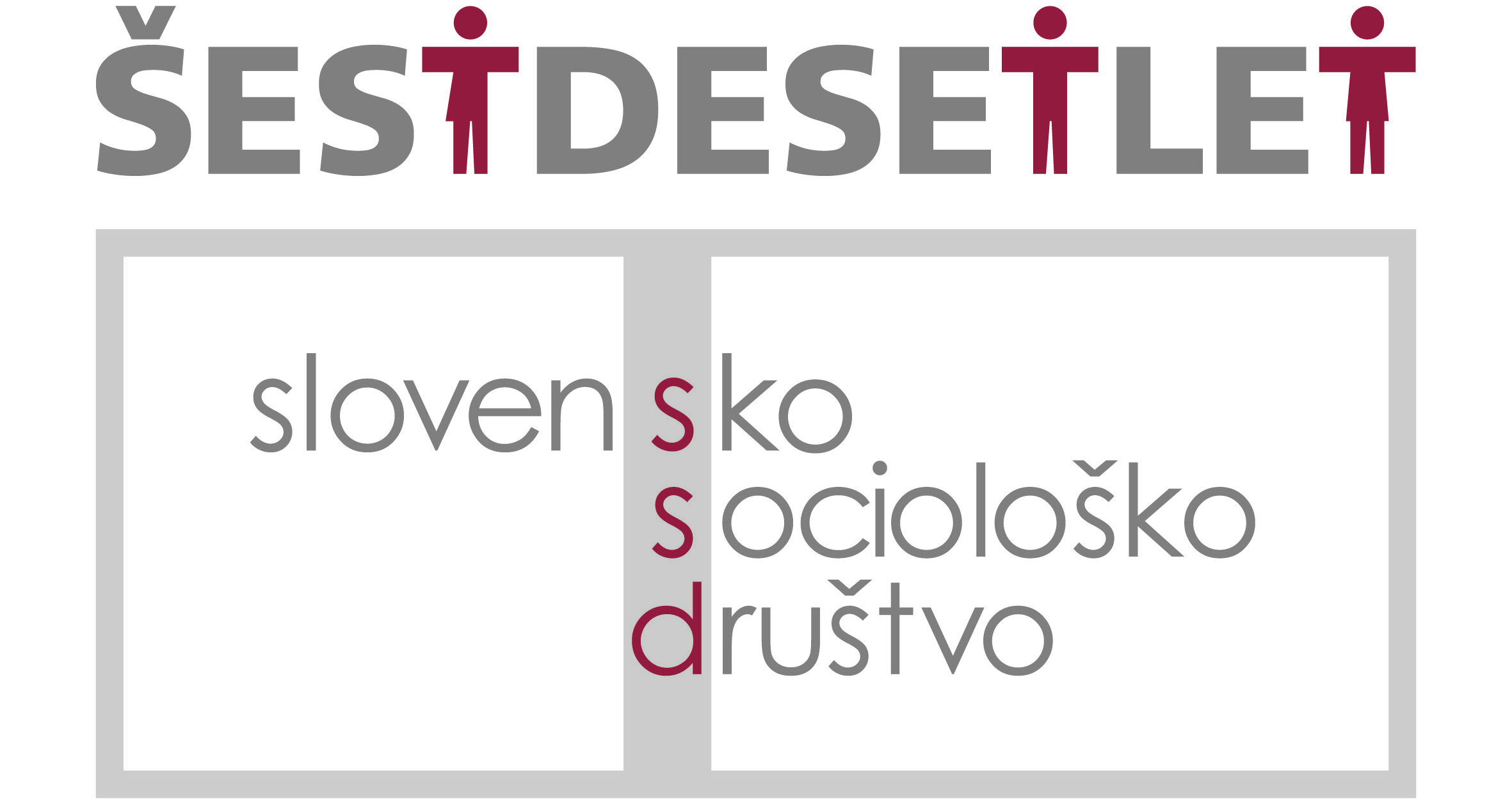Social Science Forum 84 (XXXIII)
Gender and cinema of the independent Slovenia: Sexual violence in films funded by the Slovenian film fund (1994–2010)
Tina Poglajen
ABSTRACT: The article investigates representations of sexual violence in cinema of the independent Slovenia, drawing on the psychoanalytic cinema apparatus theory of the spectatorial gaze, which is constituted as masculine and condones sexual violence. We believe the national institution for financing of film production, the Slovenian Film Fund (1994–2010), functions as a gatekeeper that indirectly influences the content of the films that are made, while cinema itself functions as an ideological state apparatus. Analysis of the film texts shows the ubiquitous motives of rape and sexual violence against women in the cinema of the independent Slovenia function as punishment for promiscuity or other ways of disrespecting the patriarchal order.
KEY WORDS: cinema of the independent Slovenia, feminist film criticism, Slovenian Film Fund, sexual violence
>> Download
Russian cinema of the thaw through the female gaze: Larisa Shepitko and Kira Muratova
Anja Banko
ABSTRACT: The article critically reflects on Soviet cinema of ‘the Thaw’ through the female gaze of Larisa Shepitko and Kira Muratova. The image and role of a woman torn between the official discourse (upheld by the state ideology) and one created in the intimacy of the home are analysed. Moreover, the article rethinks the role of feminism in the context of Russian thought, created on a specific background as imposed in the communist idea. Unlike in the West, it is based on the essentialist idea of a binary separation of differences between the sexes, which appears schizophrenic under the pressure of the state ideology. We search for these contradictory lapses in the images of the woman as created in the specific female film language of Shepitko’s Wings (Krylya, 1966) and Muratova’s Brief Encounters (Korotkie vstrechi, 1967) and Long Farewells (Dolgie provody, 1971).
KEY WORDS: feminism, Larisa Shepitko, Kira Muratova, women’s film, the Thaw
>> Download
Beyond Socio-Historical Trauma with Olga Zhukova and Iskra Babich
Natalija Majsova
ABSTRACT: Cinematography of perestroika (and the early post-Soviet period) entails mixed terrain, often described as a socially-critical “black wave” – chernukha; the period saw an unprecedented number of works by female directors, which remain to be addressed by film scholarship. This article examines the cinematic opus of Olga Zhukova (1954-) who produced five feature films in the period 1990–1994. This article discusses her films, which were not well received by critics and accused of being pretentious and artificial, alongside another Soviet director, Iskra Babich (1938–2001). I re-examine the formation of Zhukova’s cinematic speech, focusing on the interplay of the audio-visual and corporeal, to argue that her works create specific timespaces which defy the immediate socio-political references provided by the seemingly formative linear narratives, and bypass the patriarchal dichotomies underpinning the latter.
KEY WORDS: perestroika, chernukha, (post-)Soviet cinema, female directors, timespace
>> Download
The New Image of viewing. Feminist Rehabilitation of Pornography with the Help of “Dirty Diaries” (2009)
Pia Brezavšček
ABSTRACT: In the article, I tackle the »low« movie genre of feminist pornography through deleuzian film theory in a way that legitimises and affirms its viewing. By considering Swedish producer Mia Engberg’s collection of short films Dirty Diaries (2009), I revise the early psychoanalytic feminist film theory and try to dismiss its analytic distance and replace it with the »new image of viewing«, which is based on proximity and touch. I do not attempt to find a paradigmatic feminist pornographic film; instead, I embrace the diversity. But this is not a further hijacking of the affects to create ever new niche markets. By viewing them together, one can find new lines of flight towards anti-oedipal possibilities of pleasure beyond sexual difference.
KEY WORDS: feminizem, pornografija, (haptični) pogled, katahreza, antimoralizem
>> Download
Queer and Feminist Futures: The Importance of a Future and Mobilising Feminist Film in Post Times
Jasmina Šepetavc
ABSTRACT: This article is concerned with alternative notions of temporality, specifically with alternative imaginings of the future that are important now more than ever. We try to deconstruct the politics of teleologically ordained linear temporalities which can function – if not questioned – as some sort of repetition without any real difference, through conceptualizing time ruptures and intervals, which would open up important ways of thinking about potentialities of the new. We attempt to think about time and the future through queer and Deleuzian feminist film theory, specifically the feminist film Born in Flames. We argue that cinema affects us, opens us up to thinking about potentialities of the new, futurity and new ways of connecting (new forms of communities), and therefore holds crucial transformative potential.
KEY WORDS: queer temporality, feminism, cinema, affect, interval, Born in Flames
>> Download
Book reviews
ABSTRACT: Tomaž Mastnak: Liberalizem, fašizem, neoliberalizem. Ljubljana: /*cf., 2015. Marko Hočevar Žiga Vodovnik: Demokracija kot glagol. Ljubljana: Založba Krtina, 2015. Klemen Ploštajner Renata Mihalič, Grega Strban: Univerzalni temeljni dohodek. Ljubljana: Založba GV, 2015. Tomaž Kravos Slavoj Žižek: Antigona. Ljubljana: Društvo za teoretsko psihoanalizo (zbirka Analecta), 2015. Klemen Kordež Roland Barthes: Mitologije. Ljubljana: Krtina, 2015. Ana Pavlič
